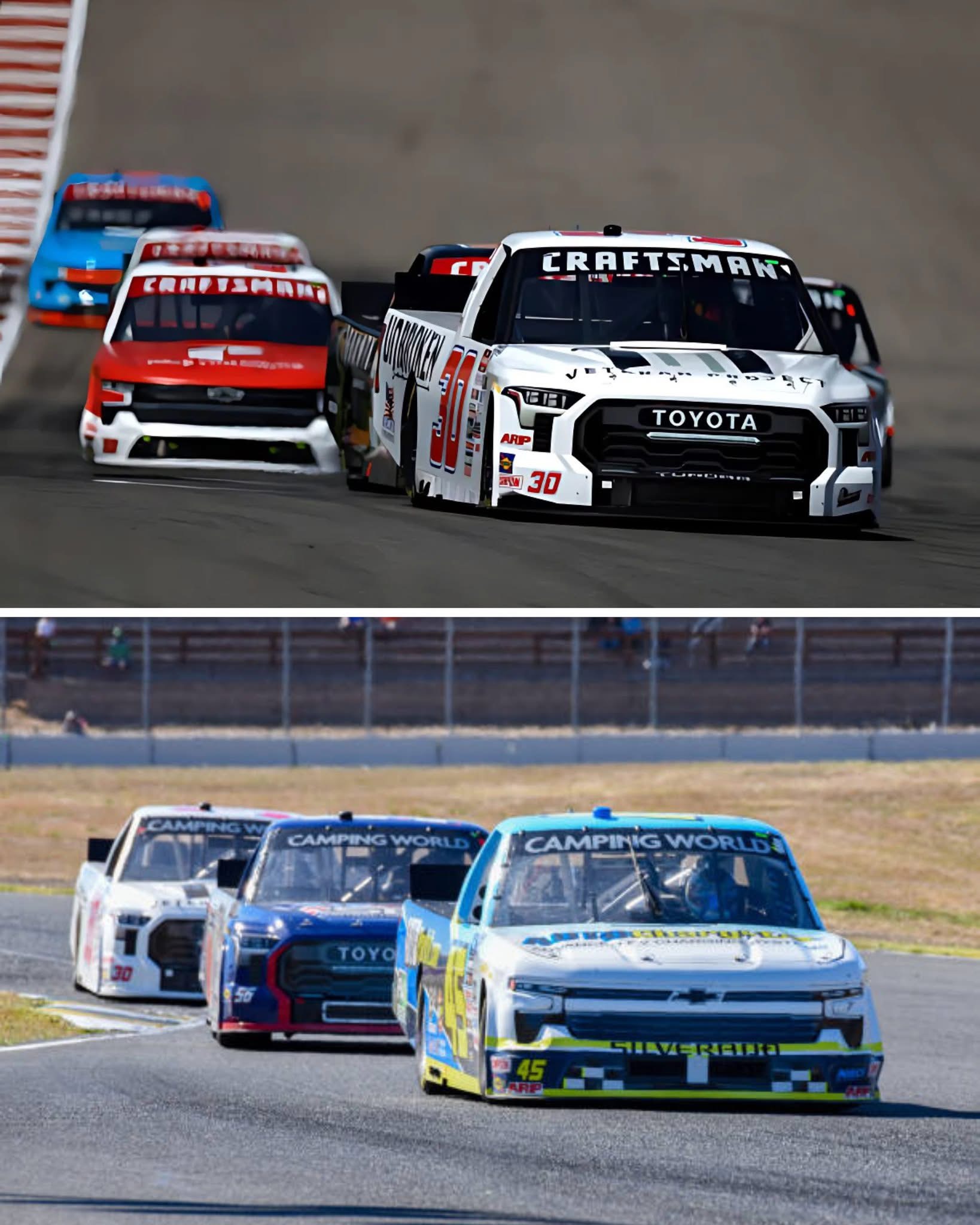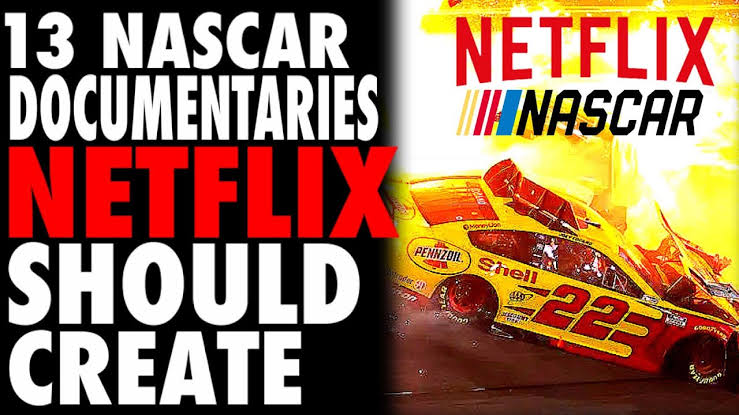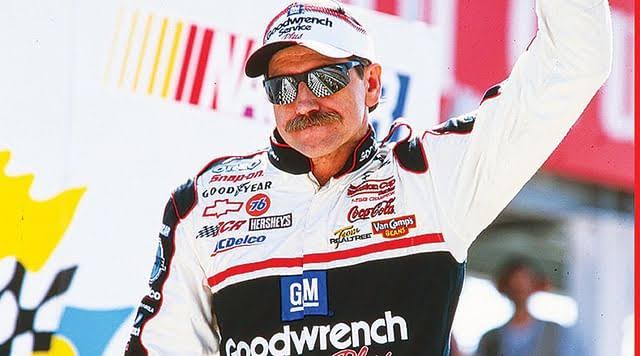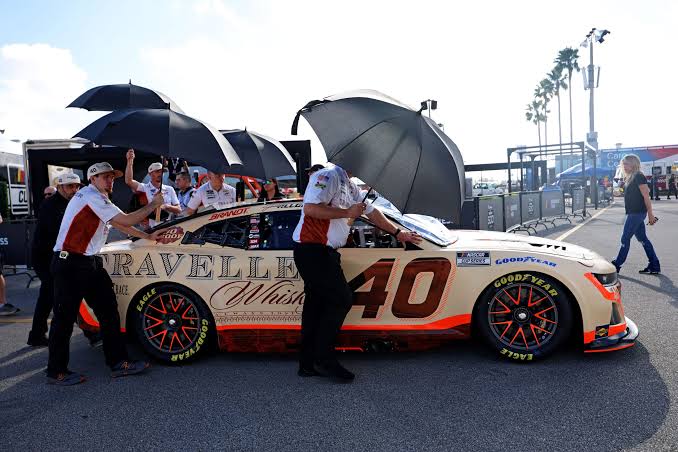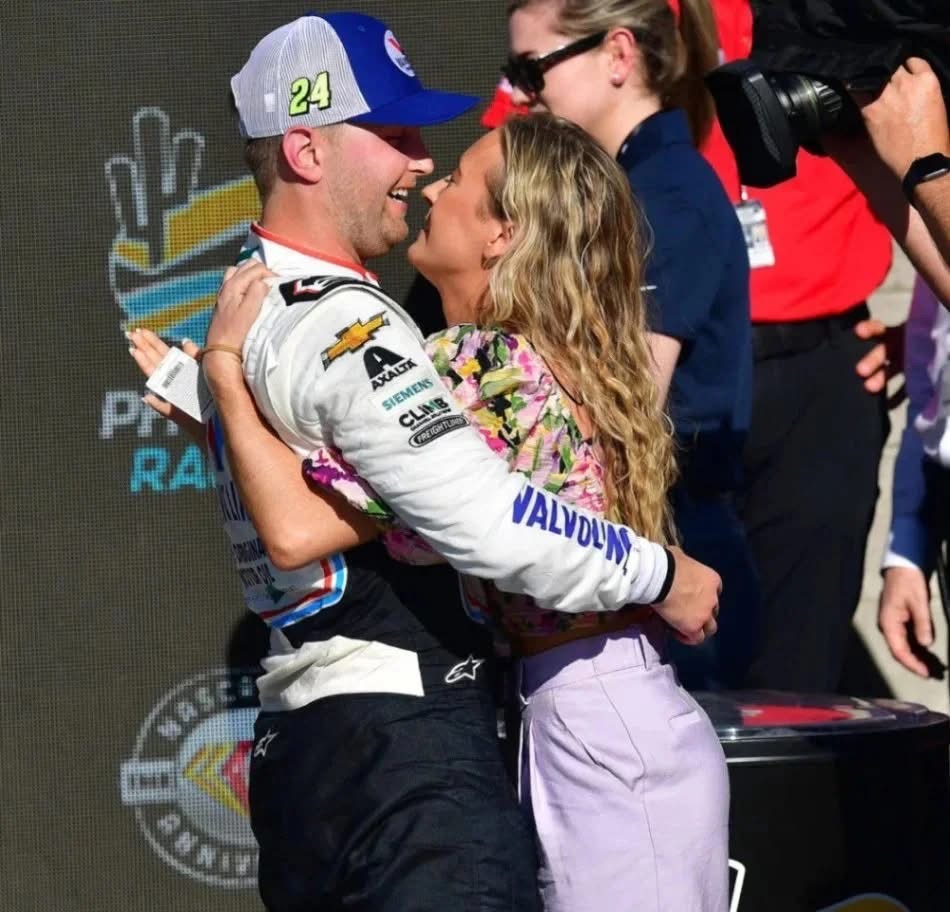# Veteran NASCAR Drivers Weigh in on Playoff System Debate with Bold Take
The debate over NASCAR’s playoff system has been a hot topic for years, and now, several veteran drivers have stepped forward to offer their candid perspectives on the matter. With decades of experience in the sport, these seasoned drivers are calling for changes to a format they believe does not accurately reward consistent performance throughout the season. Their insights have reignited discussions within the NASCAR community about whether the current system truly determines the best champion or if adjustments are needed to maintain the sport’s integrity.
## The Evolution of NASCAR’s Playoff Format
NASCAR’s playoff system, known as the **Chase for the Cup** when it was first introduced in 2004, has undergone multiple changes over the years. Originally designed to create excitement and prevent a runaway championship leader from clinching the title too early, the system has evolved into a **knockout-style format** featuring elimination rounds. Currently, 16 drivers qualify for the playoffs, and after three rounds of eliminations, four drivers advance to a winner-take-all finale at Phoenix Raceway.
While this format has certainly added drama and unpredictability to the sport, many long-time drivers argue that it **prioritizes entertainment over merit**. They believe that a season-long body of work should hold more weight in determining the champion rather than a single race or a few late-season performances.
## Veteran Drivers Speak Out
Some of NASCAR’s most respected veterans have voiced their concerns about the current system, arguing that it places too much emphasis on short-term success rather than rewarding consistency over the course of the season.
One prominent former champion recently stated, *“It’s frustrating to see a driver dominate all year long, win the most races, lead the most laps, and still lose the championship because of one bad race in the finale. That’s not how a true champion should be decided.”*
Others have echoed similar sentiments, pointing out that the **win-and-you’re-in** rule, which guarantees a playoff spot to any driver who wins a race (provided they meet other eligibility requirements), sometimes allows for inconsistency. A driver could struggle for most of the season, win a single race, and still have a shot at the championship, while another driver who has performed consistently but hasn’t won may miss out.
Another veteran added, *“I understand NASCAR wants excitement, but this system can be unfair. If you look at other major motorsports, like Formula 1 or IndyCar, they reward season-long consistency. That’s how a championship should be decided.”*
## Possible Solutions
With growing concerns over the playoff format, some NASCAR veterans and analysts have proposed alternative solutions:
1. **A Hybrid Points-Based System** – One suggestion is to keep the playoffs but incorporate a points system that heavily weighs regular-season performance. This could prevent drivers from being eliminated due to one bad race.
2. **Extending the Championship Race Format** – Instead of a single-race finale, some propose a best-of-three final round, which would reduce the chances of a championship being decided by one unlucky incident.
3. **Eliminating the Playoff Format Altogether** – A more drastic approach would be to return to a full-season points system, where the champion is determined by the most accumulated points at the end of the year. While this might reduce some drama, it would ensure the most consistent driver wins.
## The Ongoing Debate
The debate over NASCAR’s playoff system isn’t new, but with veteran drivers speaking out, it has gained renewed momentum. NASCAR executives have remained open to evolving the format over time, but for now, the current system remains in place.
As the sport continues to balance tradition with entertainment, it remains to be seen whether these veteran voices will influence future changes. What is clear, however, is that NASCAR’s playoff format will continue to be a topic of intense discussion among fans, drivers, and analysts alike.






